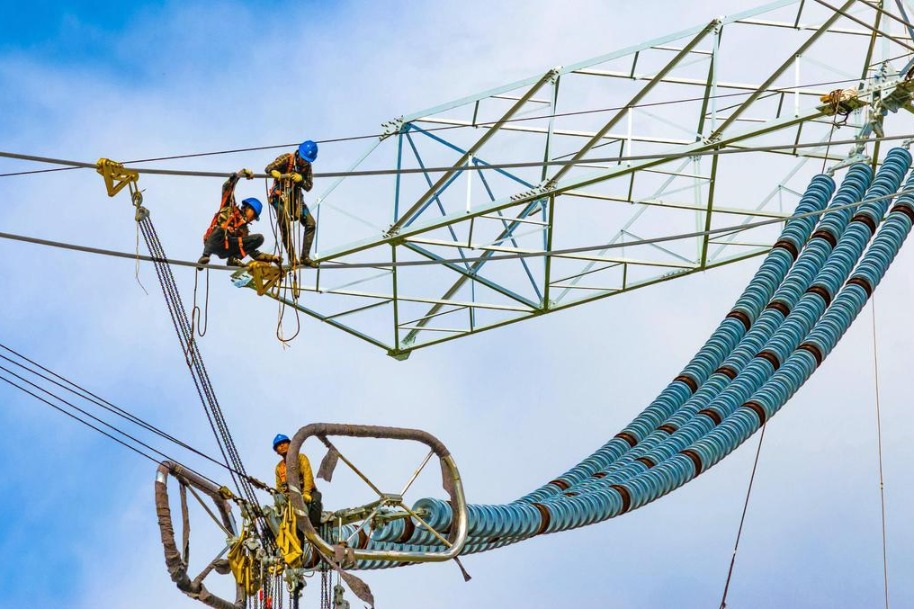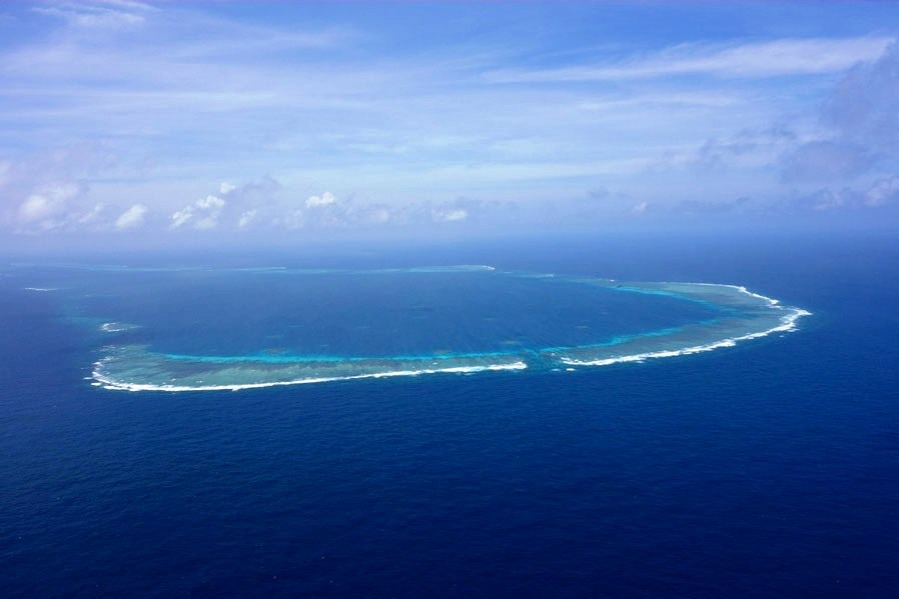Sorry, flood in the desert is not really good news

No matter how many accounts share video clips showing parts of the Takla Makan Desert flooded it seems not enough to create awareness about climate change. It doesn't help either that some assume the rain is making the environment in northwestern China better.
As early as July 2021 there had been reports that an oil field located in the Takla Makan Desert was flooded, with over 300 square kilometers of land in the region going under water. A number of telegraph poles, about 50 vehicles and roughly 30,000 other appliances were seen submerged.
From that year onwards, every summer has seen flooding in Takla Makan, leading some to joke that the camels there better learn swimming before it's too late.
The jokes are funny but the claim that climate change is going to benefit the arid region isn't. Yes, because of the rain, parts of the desert have turned wet, but that's not sustainable. Researchers say that a large percentage of the water comes from melting glaciers in the Tianshan Mountain, which is a source of several rivers. Therefore, once all the glaciers melt, all the rivers will dry up and there will be no source of water left.
The largest glacier in the Tianshan Mountain, for example, has melt so much that it split into two in 1993, and is still retreating by 5-7 meters every year. The damage to local biodiversity is so deep that the population of Ili Pika, a small rabbit-like mammal that lived there, dipped by 57 percent from 1982 to 2002 and can hardly be seen now.
The flooding also happens because of increased rainfall. However, that water can hardly improve the local ecology because the sandy soil, unlike clay soil, can hardly retain the water.
It is thus illusory to see in the flooding in Takla Makan Desert a possibility of the desert turning green. Climate change is a major challenge facing mankind and what is needed is for the world to join hands to reverse the trend.
— ZHANG ZHOUXIANG, CHINA DAILY


































